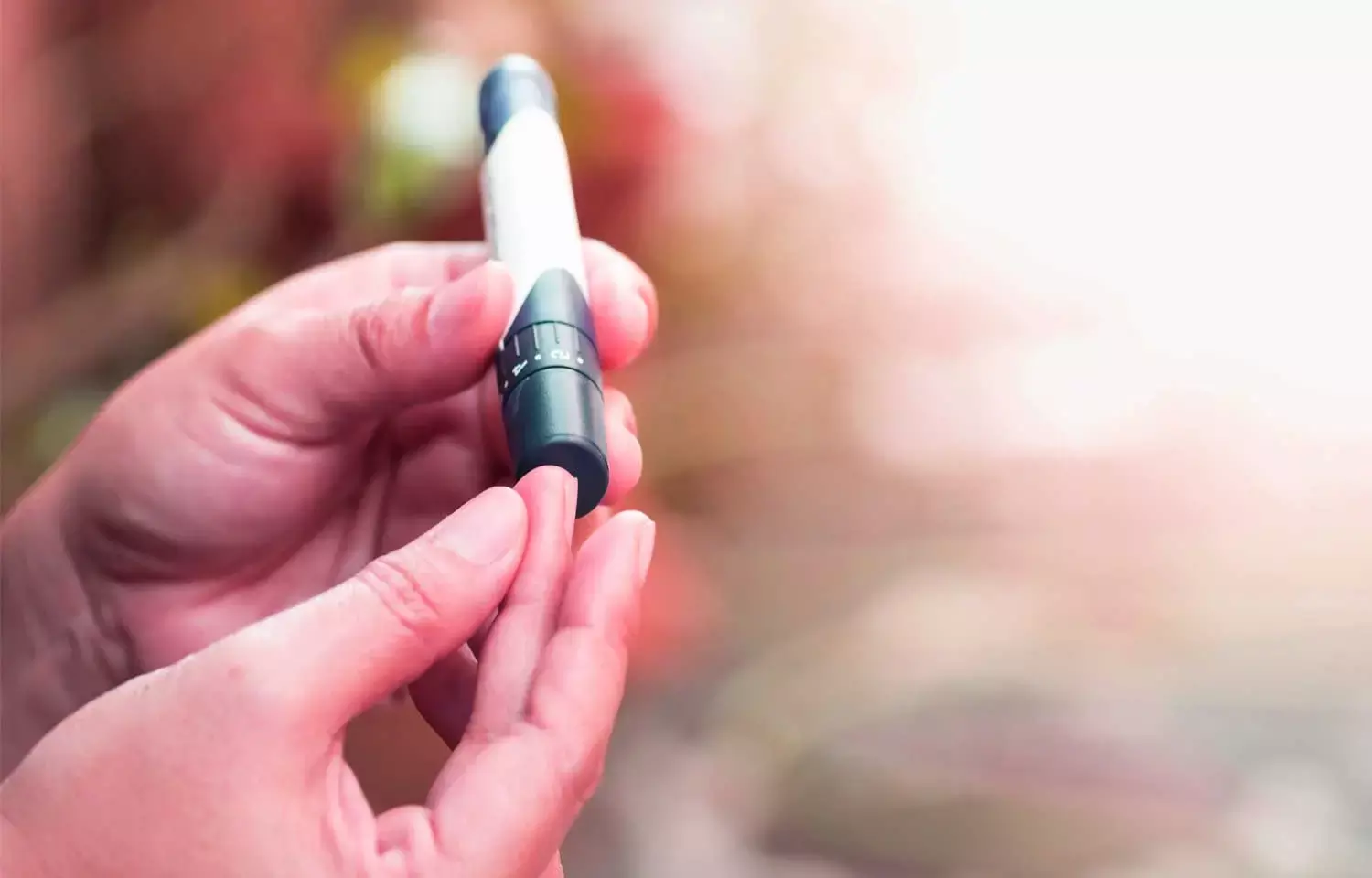- Home
- Medical news & Guidelines
- Anesthesiology
- Cardiology and CTVS
- Critical Care
- Dentistry
- Dermatology
- Diabetes and Endocrinology
- ENT
- Gastroenterology
- Medicine
- Nephrology
- Neurology
- Obstretics-Gynaecology
- Oncology
- Ophthalmology
- Orthopaedics
- Pediatrics-Neonatology
- Psychiatry
- Pulmonology
- Radiology
- Surgery
- Urology
- Laboratory Medicine
- Diet
- Nursing
- Paramedical
- Physiotherapy
- Health news
- Fact Check
- Bone Health Fact Check
- Brain Health Fact Check
- Cancer Related Fact Check
- Child Care Fact Check
- Dental and oral health fact check
- Diabetes and metabolic health fact check
- Diet and Nutrition Fact Check
- Eye and ENT Care Fact Check
- Fitness fact check
- Gut health fact check
- Heart health fact check
- Kidney health fact check
- Medical education fact check
- Men's health fact check
- Respiratory fact check
- Skin and hair care fact check
- Vaccine and Immunization fact check
- Women's health fact check
- AYUSH
- State News
- Andaman and Nicobar Islands
- Andhra Pradesh
- Arunachal Pradesh
- Assam
- Bihar
- Chandigarh
- Chattisgarh
- Dadra and Nagar Haveli
- Daman and Diu
- Delhi
- Goa
- Gujarat
- Haryana
- Himachal Pradesh
- Jammu & Kashmir
- Jharkhand
- Karnataka
- Kerala
- Ladakh
- Lakshadweep
- Madhya Pradesh
- Maharashtra
- Manipur
- Meghalaya
- Mizoram
- Nagaland
- Odisha
- Puducherry
- Punjab
- Rajasthan
- Sikkim
- Tamil Nadu
- Telangana
- Tripura
- Uttar Pradesh
- Uttrakhand
- West Bengal
- Medical Education
- Industry
Continuous ketone sensor may be useful for early identification of DKA: Study

USA: The use of a continuous ketone sensor for measuring ketone in interstitial fluid (ISF) is feasible, finds a recent study in the Journal of Diabetes Science and Technology.
According to the study, during a 14-day period, the sensor provided ketone level results similar to a ketone test strip. However, the researchers add that additional studies are needed to evaluate its performance in the intended patient population, including diabetic ketoacidosis and ketosis conditions.
"This first human study suggests that a continuous ketone sensor similar to continuous glucose sensors is achievable," wrote the authors.
The continuous ketone monitoring (CKM) sensor was developed by Abbott using wired enzyme technology with β-hydroxybutyrate dehydrogenase chemistry. It is similar to a continuous glucose monitor in structure and dimensions. In vitro characterization of the sensor was performed in phosphate-buffered saline at 37°C.
In vivo performance was evaluated by Shridhara Alva, Abbott Diabetes Care, Alameda, CA, USA, and colleagues, in 12 healthy participants on low carbohydrate diets, who wore 3 ketone sensors on the back of their upper arms to continuously measure ketone levels over 14 days. Reference capillary ketone measurements were performed using Precision Xtra test strips at least 8 times a day.
Key findings of the study include:
- The sensor is stable over 14 days and has a linear response over the 0-8 mM range.
- The operational stability of the sensor is very good with a 2.1% signal change over 14 days.
- The first human study of the CKM sensor demonstrated that the sensor can continuously track ketones well through the entire 14 days of wear.
- The performance with a single retrospective calibration of the sensor showed 82.4% of data pairs within 0.225 mM/20% and 91.4% within 0.3 mM/30% of the capillary ketone reference (presented as mM at <1.5 mM and as percentage at or above 1.5 mM).
- This suggests that the sensor can be used with a single calibration for the 14 days of use.
"Measuring ketones in ISF using a continuous ketone sensor is feasible," wrote the authors. Additional studies are required to evaluate the performance in intended patient populations, including conditions of ketosis and diabetic ketoacidosis.
Reference:
The study titled, "Feasibility of Continuous Ketone Monitoring in Subcutaneous Tissue using a Ketone Sensor," is published in the Journal of Diabetes Science and Technology.
DOI: https://journals.sagepub.com/doi/10.1177/19322968211008185
Dr Kamal Kant Kohli-MBBS, DTCD- a chest specialist with more than 30 years of practice and a flair for writing clinical articles, Dr Kamal Kant Kohli joined Medical Dialogues as a Chief Editor of Medical News. Besides writing articles, as an editor, he proofreads and verifies all the medical content published on Medical Dialogues including those coming from journals, studies,medical conferences,guidelines etc. Email: drkohli@medicaldialogues.in. Contact no. 011-43720751


